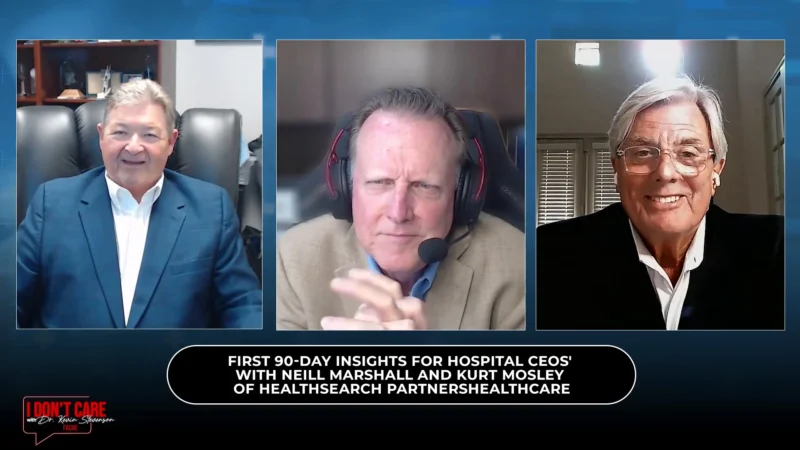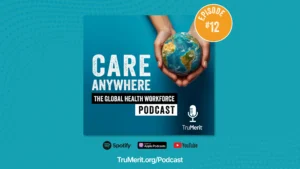Intermittent Fasting: The Hidden Health
In the spotlight of scientific inquiry, intermittent fasting, the practice of going for extended periods without food, has researchers abuzz with excitement. Is it the secret to a healthier lifestyle, or just another fad? Research suggests that intermittent fasting may indeed offer multiple health benefits.
According to studies, intermittent fasting can potentially help you live longer, maintain muscle mass, boost heart health, reduce diabetes risk, and even bolster the immunGem or Just a Trend?
Author: Dr. Mindy Pelze system. Researcher Mark Mattson, Ph.D., an adjunct professor of neuroscience at Johns Hopkins University School of Medicine, found that specific fasting plans showed improvements in blood pressure regulation, resting heart rate, blood sugar regulation, inflammation, and overall resistance to stress.
The process of autophagy, where damaged cells are cleaned out to make way for healthier ones, is also believed to play a significant role in the benefits of intermittent fasting.
Is intermittent fasting the key to unlocking a longer, healthier life, or just another trend in the never-ending search for wellness? With a wealth of insights on intermittent fasting and its numerous health benefits, Dr. Mindy Pelz, founder of Dr. Mindy Pelz Co, sheds light on how this practice can improve longevity, up-regulate antioxidants, and positively impact cardiovascular health.
Mindy Pelz’s thoughts:
“Dr. Mindy Pelz here, and I want to comment on the Women’s World article about how intermittent fasting can improve longevity and help your overall health. The article puts out a couple of really interesting points. So, for starters, it talks about how it can improve longevity, and it does this through something called autophagy.
So autophagy is where you fast to a point, usually it takes about somewhere around 17 hours of fasting, and the intelligence inside our cells start to observe which cells are aging quickly, which cells are turning into chronic disease cells, and it will get rid of those cells. So it’s a beautiful mechanism for getting rid of cells that no longer serve you and speed up the aging process.
So stimulating autophagy is crazy powerful. The other thing that I don’t think is talked about enough is the power of up-regulating antioxidant. The more you fast, the more your body actually starts to produce more antioxidants which, as we know, will fight off free radicals and slow down aging, and also prevent things like cancer and chronic disease.
And the last thing that I think is also really important to understand is that it can have an effect on cardiovascular health. And it does this not only by lowering blood pressure, that’s a well-known scientific fact around fasting, but we also know it can reverse metabolic syndrome. So we can start to see hemoglobin a1c go down, insulin go down, CRP and inflammatory marker go down, all from as little as 15 hours of fasting.
So there’s so much in this article that I agree with. The science is very very clear, fasting is an incredible path to slowing the aging process down and to preventing chronic disease, and really, truly living in the body you want to live in. ”









